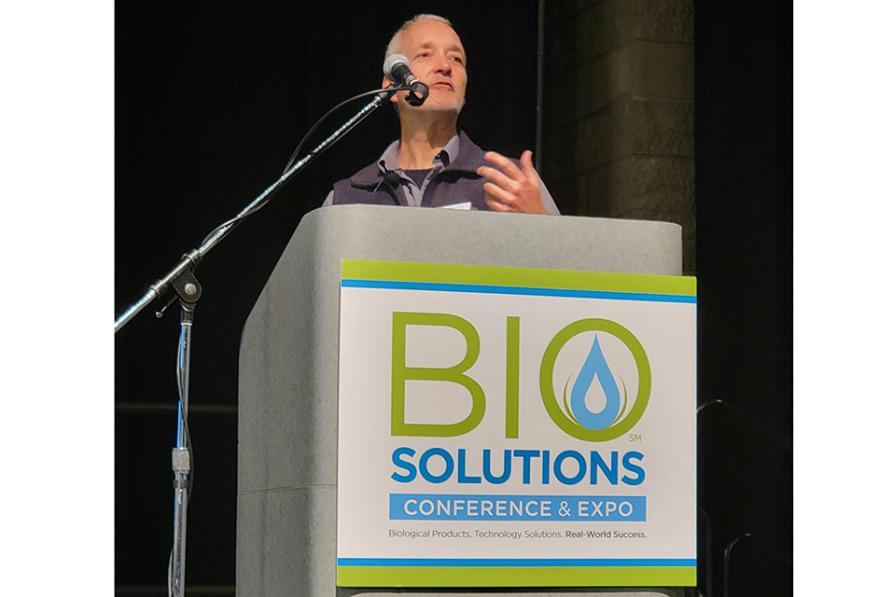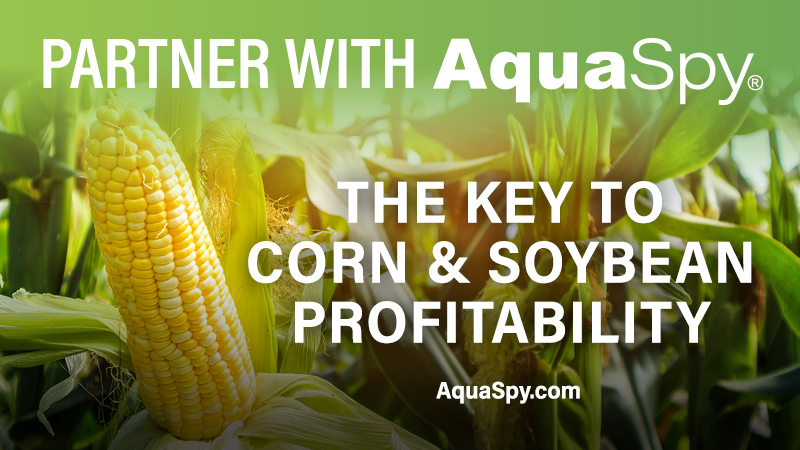Why the Future is Here for Fruit Growers
You may know the author Arthur C. Clarke. He wrote the novel, “2001: A Space Odyssey,” as well as the screenplay for this classic movie. If you’re familiar with the film, you’re aware of Clarke’s ability to understand how technology would develop decades into the future. In fact, a quick Web search will uncover an appearance he made on the BBC in 1964 in which he made some startlingly accurate predictions of what the world would be like in the year 2000, and by extension, today.
He described how developments like the transistor and communications satellites would allow people in 2000 to be in instant communication at all times, “wherever we may be on Earth, even if we don’t know their actual physical location. It will be possible in that age, perhaps only 50 years from now, for a man to conduct business from Tahiti or Bali just as well as he could from London. People will no longer commute. They will communicate.”
He went on to predict the advent of technologies like 3D printing, machine learning, the mainstream use of robotics, and artificial intelligence. Amazingly, a lot of this is becoming our everyday reality as we head into 2020.
Innovation and Collaboration
So the obvious question is, “What’s next?” What other new developments are growers going to be getting excited about 5, 10, or 20 years from now? To that, I say, “Not so fast.” Just take a look around. There’s a whole lot we can and should be getting excited about in the fruit world right now.
As I wrote this, we we’re getting ready for our second annual Growing Innovations event in Las Vegas. Our goal in putting together the program for Growing Innovations was to uncover some of the cool things happening in specialty crop production, from planting to postharvest to business management. Some of it is truly high-tech stuff. Other ideas are simply creative solutions that just needed someone to give them some consideration.
Our speakers are sharing personal stories about new approaches to familiar problems and how they’re making them work. One is responding to large-scale water pressures in the West by taking advantage of flood cycles to actively recharge declining aquifers. Another is dealing with a decade-long attack from an industry-threatening pest by moving large acreages of Florida citrus trees into completely enclosed screen houses. Others are looking at brand new uses for drones in the field: distributing beneficial insects for biological pest control programs, and even delivering pollen to orchards during critical bloom stages when bees’ availability or weather might not be optimal.
These — and a myriad of other innovative solutions — are happening right now in orchards, vineyards and fields just like yours. We all just need to step back from the same old ideas we’ve always tried and be willing to look at something new.
Oh, and predicting the future? It’s tougher than it sounds. In that BBC video, Arthur C. Clarke should have stopped after predicting satellite technology and cell phones. He went on to say that by the year 2000, we would solve labor problems by using our knowledge of animal psychology and genetics to bioengineer “intelligent and useful servants from the other animals on our planet, including the great apes, dolphins, and whales.”
I think we may have better luck with some of the new robotic harvesting technology….










